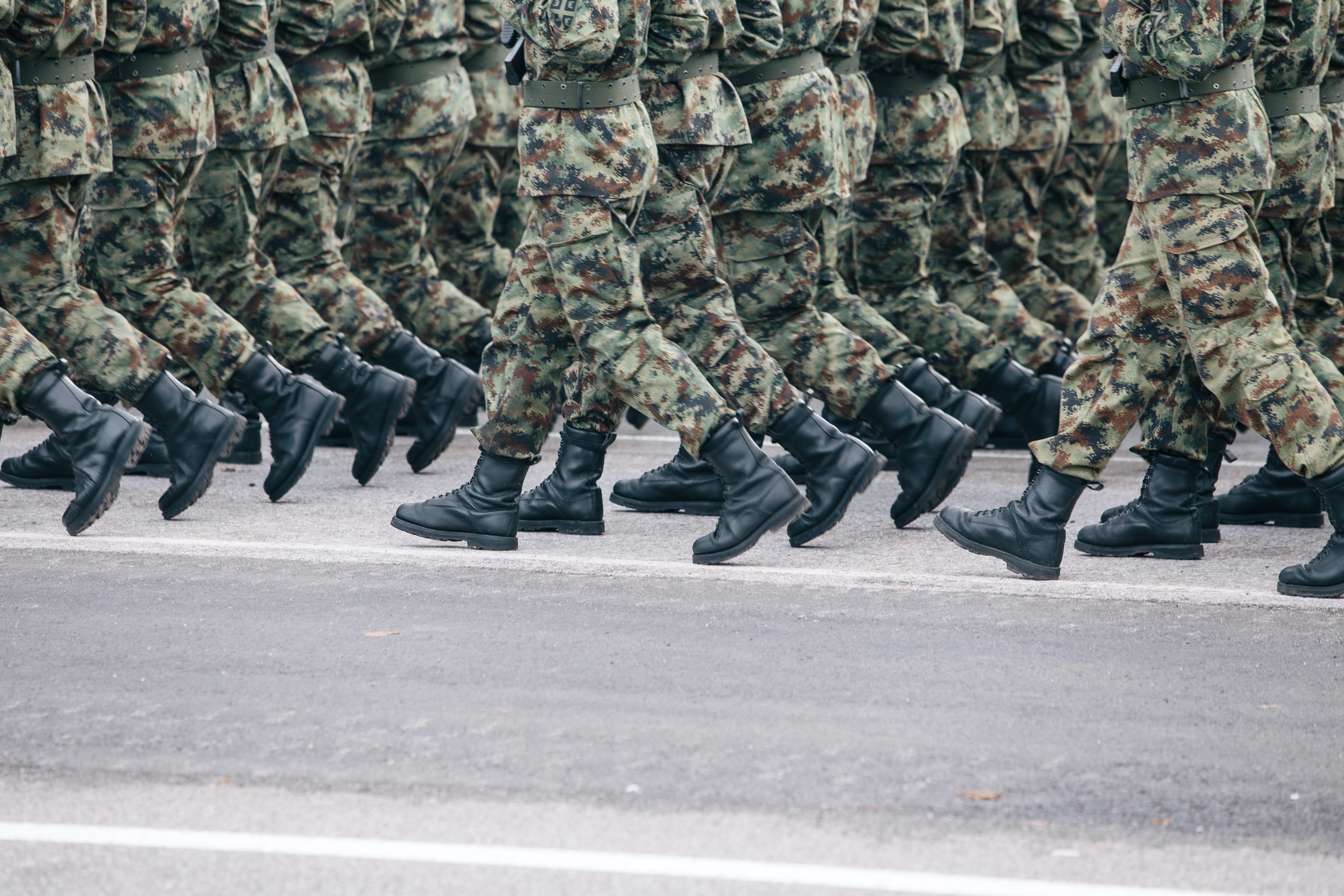
403
Sorry!!
Error! We're sorry, but the page you were looking for doesn't exist.
Sahel country choosing leader following three years of army regulation
(MENAFN) In a historic move to transition to civilian rule, Chad commenced its presidential election on Monday, marking the country's first step towards democratic governance since a series of military coups shook the Sahel region. With over 8 million registered voters out of a population of approximately 18 million, Chadians are participating in a crucial electoral process to choose their next leader from a pool of ten candidates, including transitional leader Mahamat Idriss Deby Itno, widely known as Mahamat Kaka.
Assuming power in 2021 following the death of his father, Idriss Deby Itno, during combat against rebel forces, Mahamat Kaka initially promised to organize elections within 18 months. However, the military regime later extended the timeline by two years, prompting widespread protests that resulted in the deaths of over 100 civilians. Despite the challenges, Chad underwent constitutional reforms through a referendum last December, enabling Mahamat Kaka to stand as a presidential candidate.
Amidst his candidacy announcement in March, Mahamat Kaka reiterated his commitment to fostering fair, equitable, and effective governance for Chad's development. His bid for presidency, however, followed the controversial killing of his presumed main opponent, Yaya Dillo, leader of the Socialist Party Without Borders (PSF), just days prior. Dillo, also Mahamat Kaka's cousin, was accused by the government of orchestrating a deadly armed raid, a claim vehemently denied by his party, which alleged his assassination aimed to thwart his participation in the May election.
In a symbolic gesture after casting his vote on Monday, Mahamat Kaka underscored the significance of the electoral process, emphasizing the people's role in selecting their leader and completing the transition initiated three years ago. The outcome of Chad's election holds profound implications not only for the nation but also for the broader Sahel region, as it navigates the delicate balance between democracy, stability, and accountability in the post-coup era.
Assuming power in 2021 following the death of his father, Idriss Deby Itno, during combat against rebel forces, Mahamat Kaka initially promised to organize elections within 18 months. However, the military regime later extended the timeline by two years, prompting widespread protests that resulted in the deaths of over 100 civilians. Despite the challenges, Chad underwent constitutional reforms through a referendum last December, enabling Mahamat Kaka to stand as a presidential candidate.
Amidst his candidacy announcement in March, Mahamat Kaka reiterated his commitment to fostering fair, equitable, and effective governance for Chad's development. His bid for presidency, however, followed the controversial killing of his presumed main opponent, Yaya Dillo, leader of the Socialist Party Without Borders (PSF), just days prior. Dillo, also Mahamat Kaka's cousin, was accused by the government of orchestrating a deadly armed raid, a claim vehemently denied by his party, which alleged his assassination aimed to thwart his participation in the May election.
In a symbolic gesture after casting his vote on Monday, Mahamat Kaka underscored the significance of the electoral process, emphasizing the people's role in selecting their leader and completing the transition initiated three years ago. The outcome of Chad's election holds profound implications not only for the nation but also for the broader Sahel region, as it navigates the delicate balance between democracy, stability, and accountability in the post-coup era.

Legal Disclaimer:
MENAFN provides the
information “as is” without warranty of any kind. We do not accept
any responsibility or liability for the accuracy, content, images,
videos, licenses, completeness, legality, or reliability of the information
contained in this article. If you have any complaints or copyright
issues related to this article, kindly contact the provider above.

















Comments
No comment